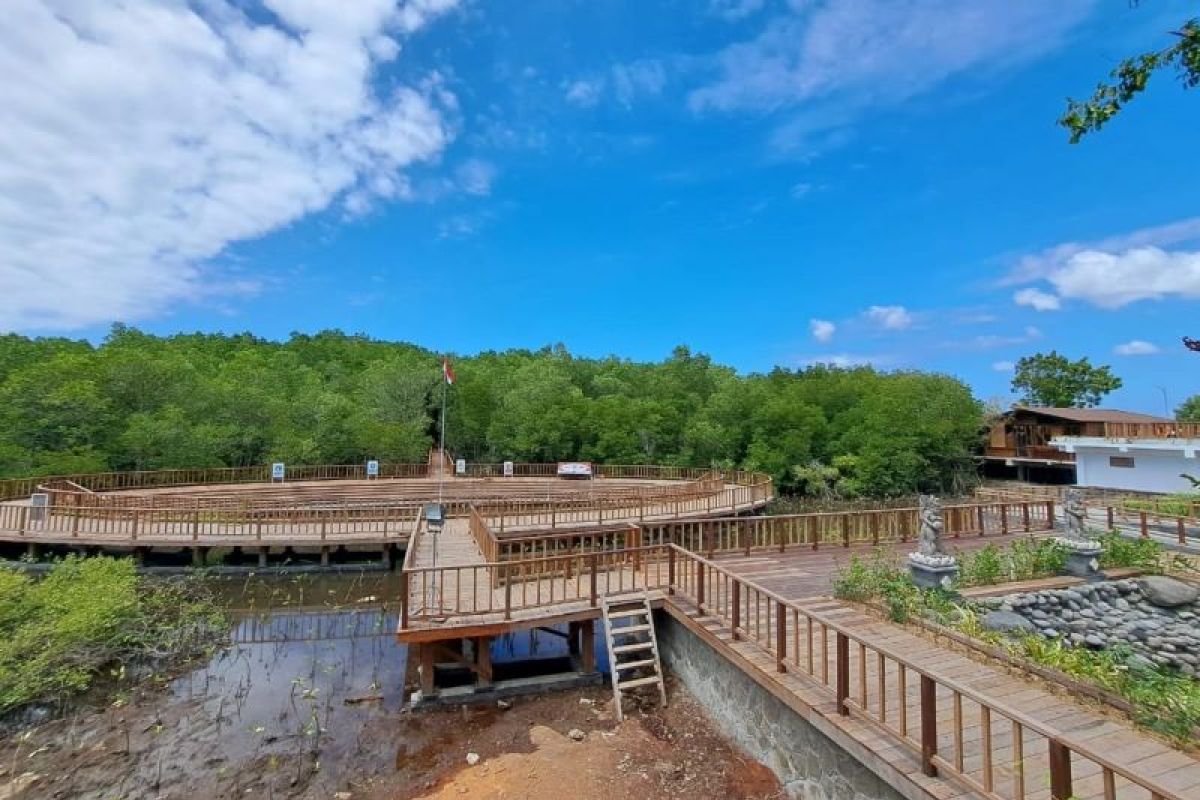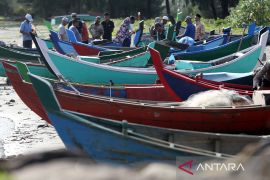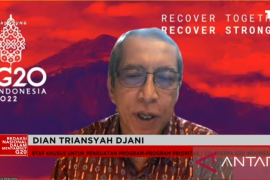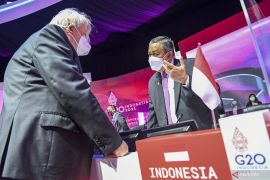Jakarta (ANTARA) - Indonesia has proved its comitment as the G20 Presidency by carrying out mangrove restoration in its various regions
Environment and Forestry Minister Siti Nurbaya Bakar said that Indonesia's focusing on mangrove rehabilitation is not just because of the climate change agenda, but also because it is leading the G20 presidency,
G20 is an international forum comprising 19 countries and the European Union that work together to handle major issues. This year, Indonesia is holding the presidency of the grouping.
The area under mangroves in Indonesia is 22.6 percent of the world's total, she noted during a visit to Ngurah Rai Forest, Bali, on Friday.
Read also: G20 Indonesia--G20 members to address challenges in overcoming AMR threats
Mangrove forests can make the largest contribution to the greenhouse gas emission reduction target.
Mangroves can contribute around 60 percent to the carbon neutral or net-zero emission target. In addition, they can store four to five times more carbon reserves than forest plants.
Thus, the more mangrove lands are opened, the more they would help in climate control.
The success of mangrove handling, such as in Bali, has provided a picture of Indonesia's development based on balancing economic development and environmental preservation, Bakar remarked.
Read also: Global warming turns land to sea in West Java: Governor
She said she expects that all stakeholders and related parties will provide education to the people on the importance of mangroves while the government encourages people to carry out mangrove restoration in various regions.
Examples of these regions include Tirang Beach (Central Java), nine spots in Central Java, and Maros, South Sulawesi.
"Because if mangroves can be preserved, the benefits will return to the people. For instance, this Ngurah-Rai Forest, in addition to being a tourism destination, also drives local economic growth," the minister said.
Read also: Govt pushes upstream, downstream development of sorghum










